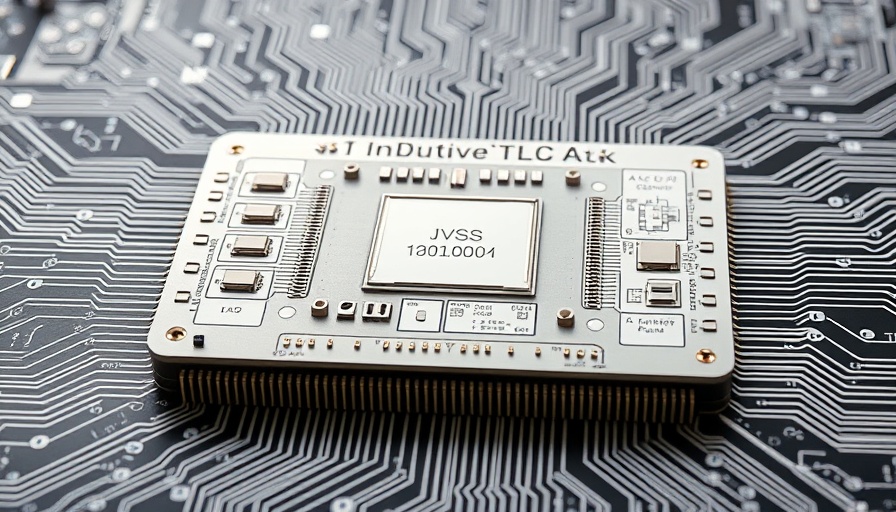
Unlocking Efficiency and Security in Federated Learning
Recent breakthroughs in machine learning have raised important questions about data privacy, especially in fields like healthcare and finance. As artificial intelligence systems become integral to these sectors, the sensitivity of the information they handle demands innovative protective measures. One such methodology, federated learning, emerges as a viable solution, allowing for collaborative training of models while maintaining data privacy among various users. Now, researchers have developed a promising compute-in-memory chip that could significantly enhance both the efficiency and security of this technique.
The Memristor Advantage
A research team from Tsinghua University, the China Mobile Research Institute, and Hebei University has introduced a memristor chip designed specifically for federated learning applications. Memristors, known for their ability to perform computations while storing data, present a powerful upgrade over conventional approaches. This new chip reduces energy consumption and enhances performance by minimizing data movement during the training phase. As highlighted in their publication in Nature Electronics, they successfully integrated mechanisms for key generation and error polynomial production directly into the chip, streamlining the process and reinforcing security.
Elevating Data Privacy with Innovative Technology
Federated learning traditionally relies on homomorphic encryption to keep data secure and private. However, the process can be time-consuming and energy-intensive due to the need for computationally heavy operations. The team’s memristor architecture introduces a physical unclonable function for secure key generation and a random number generator that enhances encryption unpredictability. This integrated solution not only speeds up operations but also strengthens the overall privacy provided to users.
Future Implications for Industry Applications
The ability to harness AI while protecting sensitive user data could revolutionize various industries. For sectors where confidentiality is paramount, such as banking and health management, the chip’s capabilities can pave the way for safer AI deployments. With further developments, we might see widespread adoption of this technology in the near future, altering the landscape of AI applications.
Potential Challenges and Considerations
Despite the promising advancements, several challenges remain. For instance, implementing this technology in existing infrastructure could be taxing. Additionally, there are ongoing debates about the long-term implications of federated learning and AI on privacy and ethical standards. It is essential for policymakers and stakeholders across various sectors to engage in discussions that address these concerns, ensuring technology's growth aligns with public trust and safety.
Conclusion
The introduction of a compute-in-memory chip represents not just a step forward in technical innovation but also a beacon of hope for secure and efficient applications of machine learning. As researchers continue to refine and implement these developments, it stands to redefine our approach to AI and data privacy. Everyone looking ahead in tech and data management systems should keep a keen eye on this evolving narrative.
 Add Row
Add Row  Add
Add 




Write A Comment